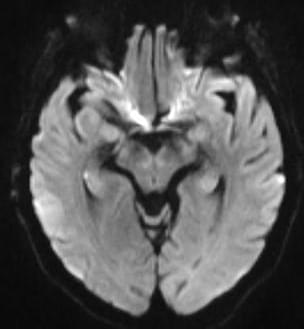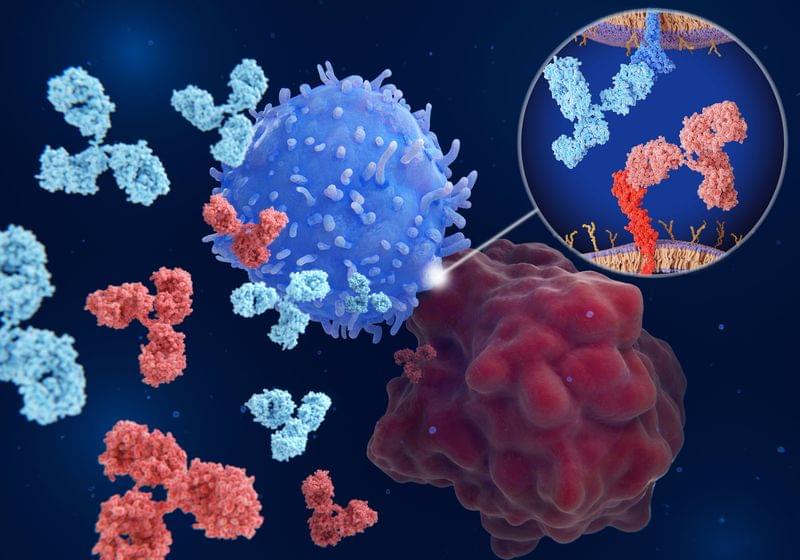(TGA) is a syndrome of sudden, reversible anterograde and shrinking retrograde amnesia, typically lasting several hours for which the etiology remains obscure.






“We are expecting that when Rubin obtains very deep imaging of galaxies, we will see them surrounded by a faint network of stellar streams,” Romanowsky concluded. “The discovery of the stream shows the excellent characteristics of Rubin for making such observations, and points to a rich future of similar discoveries as vast areas of the sky are mapped out.”
The team’s research is available on the paper repository site arXiv.
Stratolaunch hypersonic-capable TA-3 appears in mission listed on FAA operations advisory.
Biologist Michael Levin—creator of the world’s first living robots—reveals a radical, evidence-based view of evolution driven by a fundamental mind, where agency emerges in unexpected places and what this means for humanity’s co-evolution with AI and AGI.
▶️ Read the article on Forbes.com \.


A joint research team from NIMS and Toyo Tanso has developed a carbon electrode that enables stable operation of a 1-Wh-class stacked lithium-air battery, achieving higher output, longer life and scalability simultaneously.
The team created this electrode by combining manufacturing technology that Toyo Tanso developed for its “CNovel” porous carbon product with proprietary technology NIMS developed to fabricate self-standing carbon membranes.
This combination made it possible to scale up the battery cell size—a significant step toward practical, industrial-scale lithium-air batteries. The research was published online in Cell Reports Physical Science on September 18, 2025.